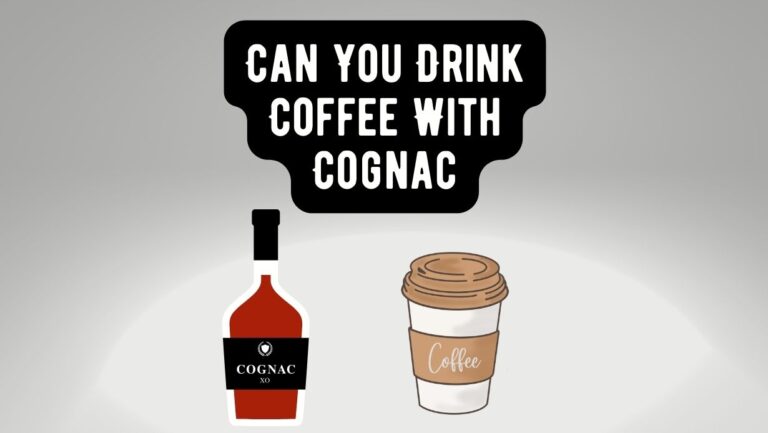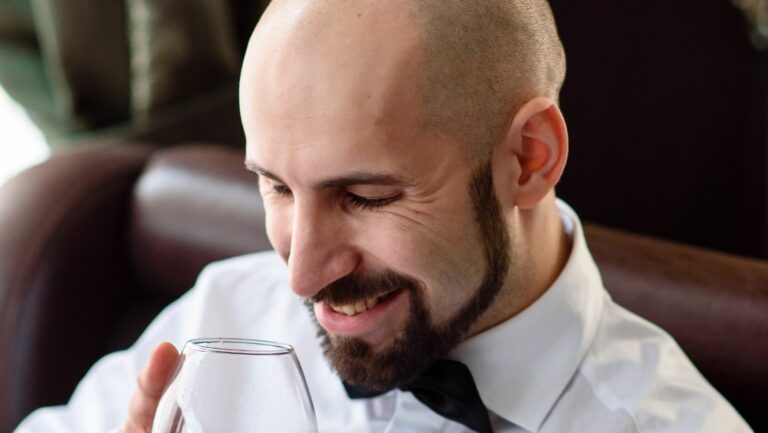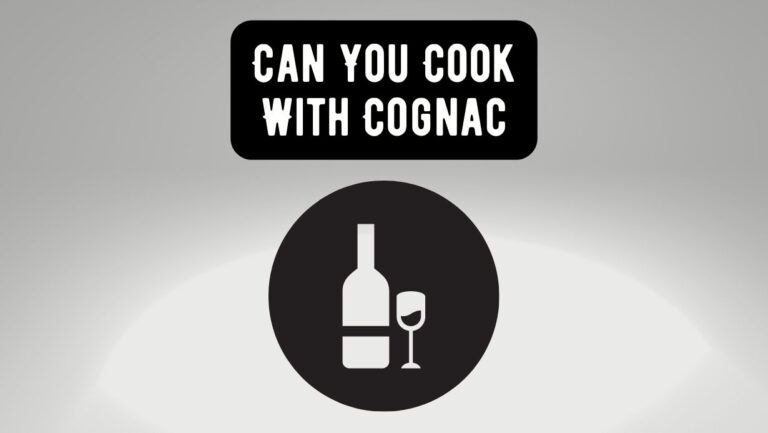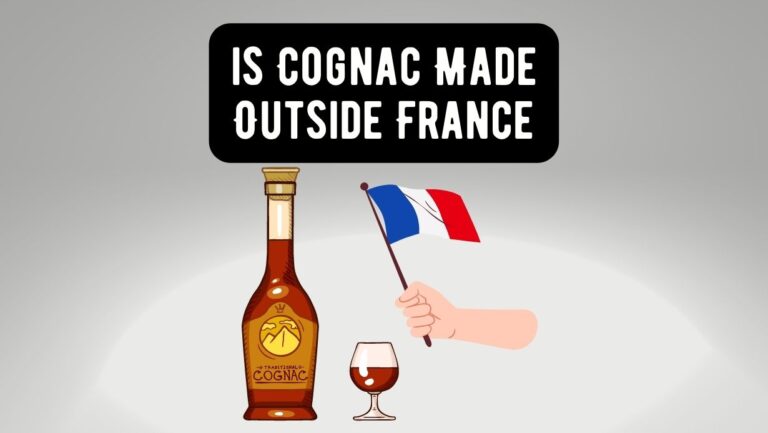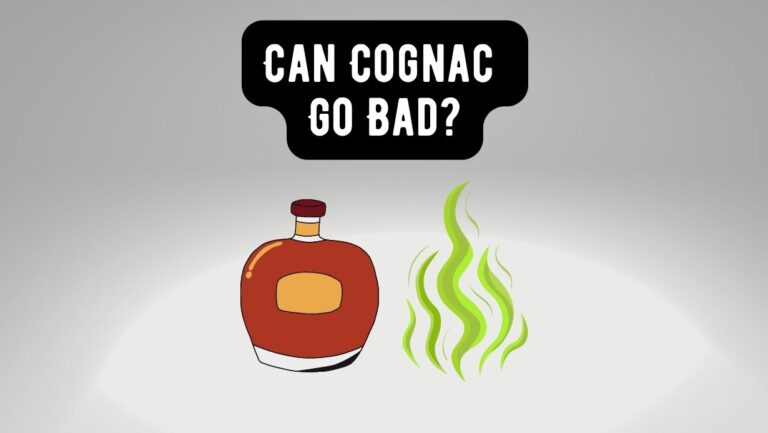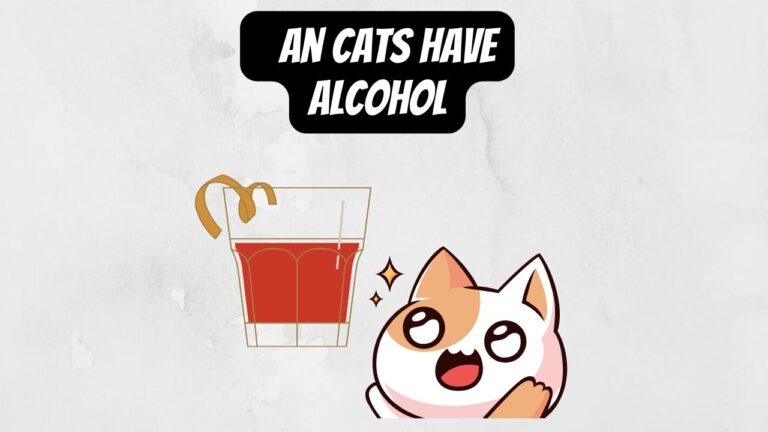
The Art of Aging Cognac: Unveiling the Beauty of Time
Introduction
Cognac, renowned for its elegance and sophistication, is a spirit that can age gracefully, evolving in character and complexity over time. In this article, we delve into the fascinating world of aging Cognac, exploring the importance of aging, the factors that influence the aging process, and the remarkable transformations that occur within the oak barrels. Whether you’re a curious Cognac enthusiast or a budding connoisseur, understanding the art of aging Cognac will deepen your appreciation for this exquisite spirit.
Section 1:
The Significance of Aging Cognac
1.1 Enhancing Flavor and Aroma Discuss how aging Cognac contributes to the development of unique and complex flavor profiles, with notes of fruit, spice, oak, and subtle nuances that emerge over time.
1.2 Mellowing and Harmonizing the Spirit Explain how the aging process helps soften the harsh edges of young Cognac, allowing the different elements to integrate and create a harmonious balance.
Section 2:
Factors Influencing the Aging Process
2.1 Type of Oak Barrels Explore the impact of different types of oak, such as Limousin or Tronçais, on the flavor, aroma, and overall character of aged Cognac.
2.2 Age of Oak Barrels Discuss how the age of the oak barrels affects the aging process, with older barrels imparting subtler flavors and allowing for greater interaction between the spirit and wood.
2.3 Climate and Storage Conditions Highlight the significance of climate and storage conditions in Cognac aging, including the role of temperature, humidity, and airflow in shaping the maturation process.
Section 3:
The Journey of Cognac in Oak Barrels
3.1 Extraction of Flavor Compounds Explain how Cognac interacts with the oak barrels, drawing out flavors from the wood, such as vanillin, tannins, and lignin, which contribute to the overall character of the aged spirit.
3.2 Oxidation and Microoxidation Discuss the role of oxygen in the aging process, including controlled oxidation and microoxidation, which contribute to the development of complex aromas and flavors.
3.3 Evaporation and Concentration Explore the phenomenon of the “angel’s share,” where Cognac slowly evaporates during aging, leading to concentration and intensification of flavors within the remaining liquid.
Section 3:
Age Statements and Cognac Quality
4.1 Understanding Age Statements Explain the significance of age statements on Cognac labels, including the legal requirements and the meaning behind terms like VS, VSOP, XO, and Extra, to guide consumers in selecting their desired style of aged Cognac.
4.2 The Role of Blending and Marriage Highlight the art of blending and marriage in Cognac production, where the expertise of the cellar master ensures consistency and balance across different aged spirits to create a harmonious final product.
Conclusion
Aging Cognac is a captivating process that elevates the spirit to new heights of complexity, character, and refinement. From the influence of oak barrels to the interplay of time, temperature, and oxidation, each step contributes to the transformation of Cognac into a liquid masterpiece. As you savor a well-aged Cognac, take a moment to appreciate the craftsmanship and dedication that goes into creating this extraordinary spirit.

